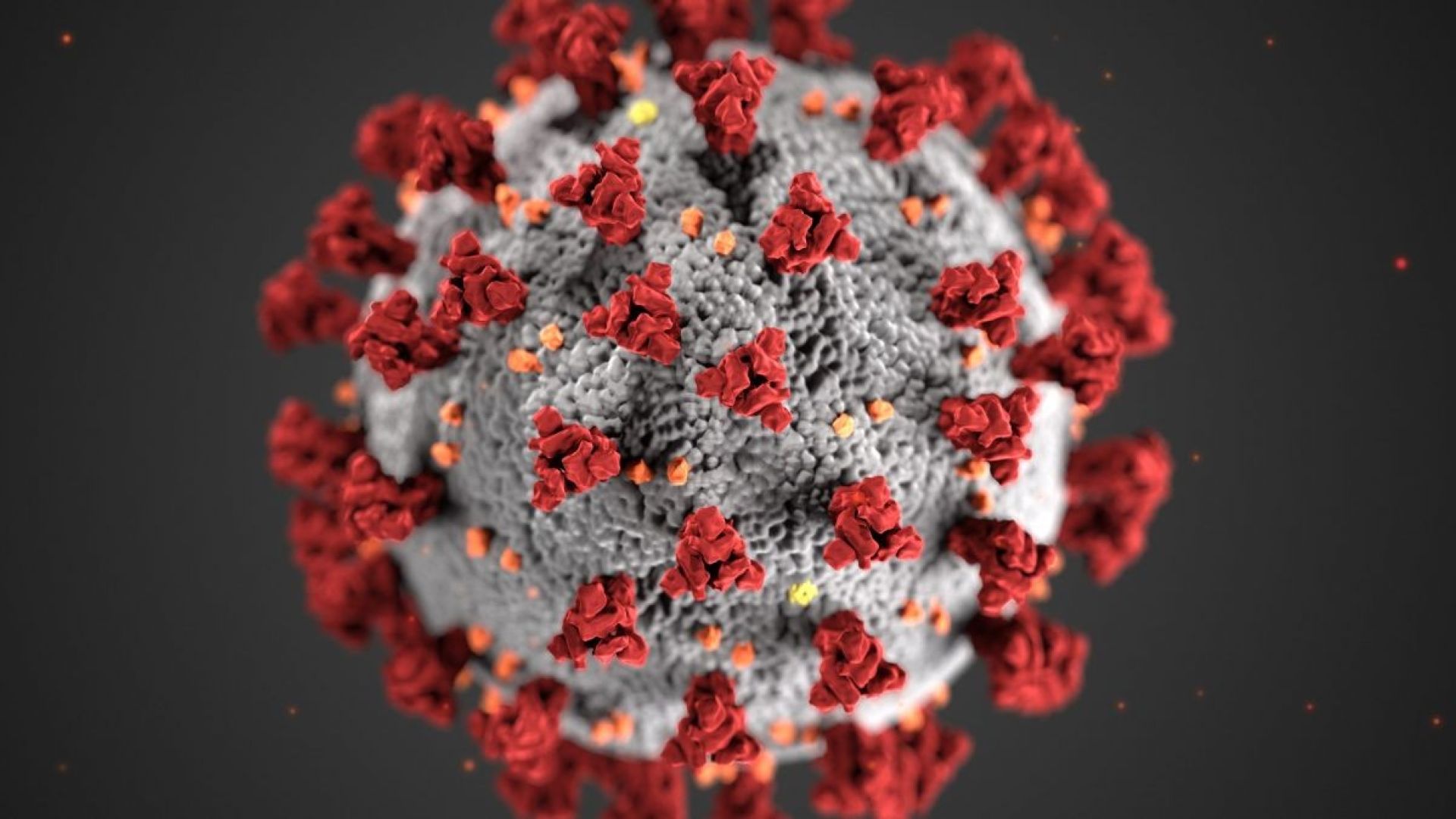Challenges of using RNA vaccines in poultry

Ribonucleic acid (RNA) vaccines could provide a breakthrough in vaccine technology and offer a rapid response to pathogens in the poultry industry. Unlike conventional vaccines or vector vaccines, RNA vaccines, which together with DNA vaccines are classed as nucleic acid vaccines, utilize a small piece of the pathogen’s genetic material to prompt an immune response.
Poultry producers and veterinarians are facing challenges in launching RNA vaccines into the industry. Among those challenges is the licensing process that RNA vaccinations must be approved through.
“It currently takes a range of 3-7 years to license a poultry vaccine. If a platform license is first attained for RNA technology through U.S. Department of Agriculture (USDA) licensing, then adaptations in vaccines to the field can now take weeks to months rather than years,” explained John El-Attrache, Ph.D., Ceva Animal Health Global Director of Science and Innovation at the 2023 Poultry Tech Summit.
When creating RNA vaccines, developers must take the genetic sequence from an isolated event.
“To conduct integrated RNA vaccine development, companies need producers to provide vaccine developers with samples and farm information so that clinical and disease diagnostics can be performed. However, it is critical that the information is collected in a standardized manner,” explained El-Attrache.
The analysis of metadata is a tool that can support the production of an RNA vaccine, however, it can be difficult for productions managers to collect that data on the farm. “In order for us to obtain metadata we have to make it easy for the production manager and the veterinarian to get the information to put it into an application,” El-Attrache stated.
“Production veterinarians are well attuned to the differences between the various vaccine types and know how to utilize them to optimize the balance between safety and efficacy. RNA vaccines will become another tool available that further optimizes this balance” he said.
El-Attrache believes that future poultry vaccines will consist of all three types of vaccines and that technologies such as whole genome sequence analysis and artificial intelligence will help the industry produce safer and more efficacious vaccines.